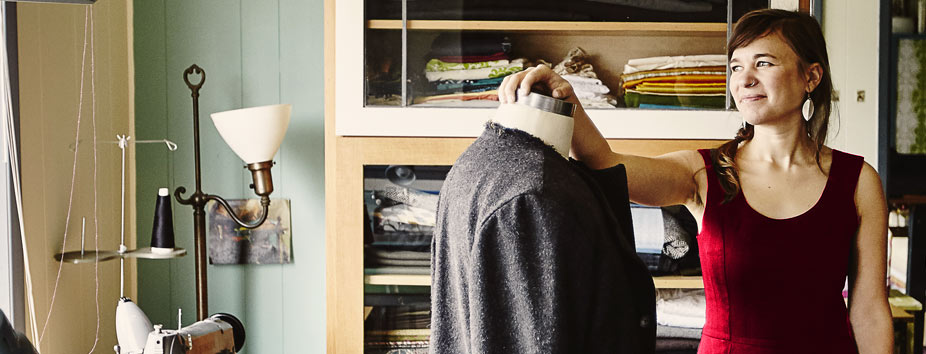10 tips for when you start your business

5-minute read

5-minute read
Taking the leap of faith to start your own business is a big decision and there are many things to consider. Here are 10 tips to help get your new venture off to a good start.
Be very clear about why you do what you do, why your service is different to other businesses, and how you intend to stand out from the crowd. Be inspired by your vision, as this is what will connect customers to your passion for the service or product you offer.
No entrepreneur achieves success alone. Each business is supported by a thriving eco-system of suppliers, partners, customers and clients. When you recognise that collectively you are contributing to a bigger picture, you will feel much more supported in your journey to being a successful business.
Save on business setup costs with discounts on legal services, accounting software, energy, online security, business support services and electronics.
Have a really strong sense about who your ideal customers and clients are. At the start, while you might be willing to take business from anyone, it is a good idea to understand how your pricing, offer and service to these customers will (or will not) grow your customer base. Is the potential customer aligned to your business ethos? Can the initial sale grow into more of a partnership?
Choose your business structure (such as sole trader, partnership or company) and register your business through the Australian Government Business Registration Service.
If your business has an annual turnover of $75,000 or more, you must register for GST. Other thresholds apply for taxi/ride-share businesses and not-for-profits. You can find out more about the requirements and register for GST on the Australian Taxation Office (ATO) website.
It’s a good idea to keep your personal and business transactions separate with a business bank account1. Not only will this make tax time easier for you, but it may save your future accountant valuable time when they are pulling details together for your tax returns.
Some things you may wish to consider:
Think about how can you make it as easy as possible for people to pay you. Will you receive money via bank transfer, an EFTPOS machine, an online payment gateway or another way1? You want to make sure the payment methods you offer are convenient for your customers while being safe and secure, so it’s worth giving careful consideration to the different ways you can take payments and choose the ones that are right for you.
If you test your website with real people, you will be able to tell when something isn’t clear or if there is a website design issue that may put people off buying from you. A quick catch-up with your website designer or an adjustment to your website platform can save a lot of angst down the track.
You may believe you have a great product or service, but you are still going to need confidence to successfully close sales with customers. Figure out exactly why a customer will choose you versus your competition – and ensure you can communicate this strongly. Some businesses engage a coach or business mentor to help them learn top sales techniques.
You will want to give your stationery a professional look to reflect the values of your business, and that includes your invoices. Set up an invoice template that includes your logo, your business bank account details and any other payment methods you accept, plus the date you are asking customers to pay by. Free invoice templates in Word and Excel format can be found online.
Even if you are yet to land your first client or make your first sale, it is very important to be visible as a business to your network. Keep sharing your offer and value to people through social media. This can take time before you start to see people instantly recognising you.
Setting up and running a new business is the dream of many Australians. From choosing a company structure to stock planning, pricing and hiring staff, there’s a lot to consider. Rest assured, Westpac will be with you every step of the way with help for your business.
1. Westpac’s products are subject to terms, conditions and fees; and eligibility criteria may apply. Before making a decision, read the disclosure documents for your selected product or service, including the Product Disclosure Statement and T&Cs for Westpac business bank accounts, taking payments and payment services and online banking and consider if the product is right for you.
The information in this article is general in nature; does not take your objectives, financial situation or needs into account; and does not constitute tax advice. Consider its appropriateness to these factors; and we recommend you seek independent professional legal and/or financial advice about your specific circumstances before making any decisions.